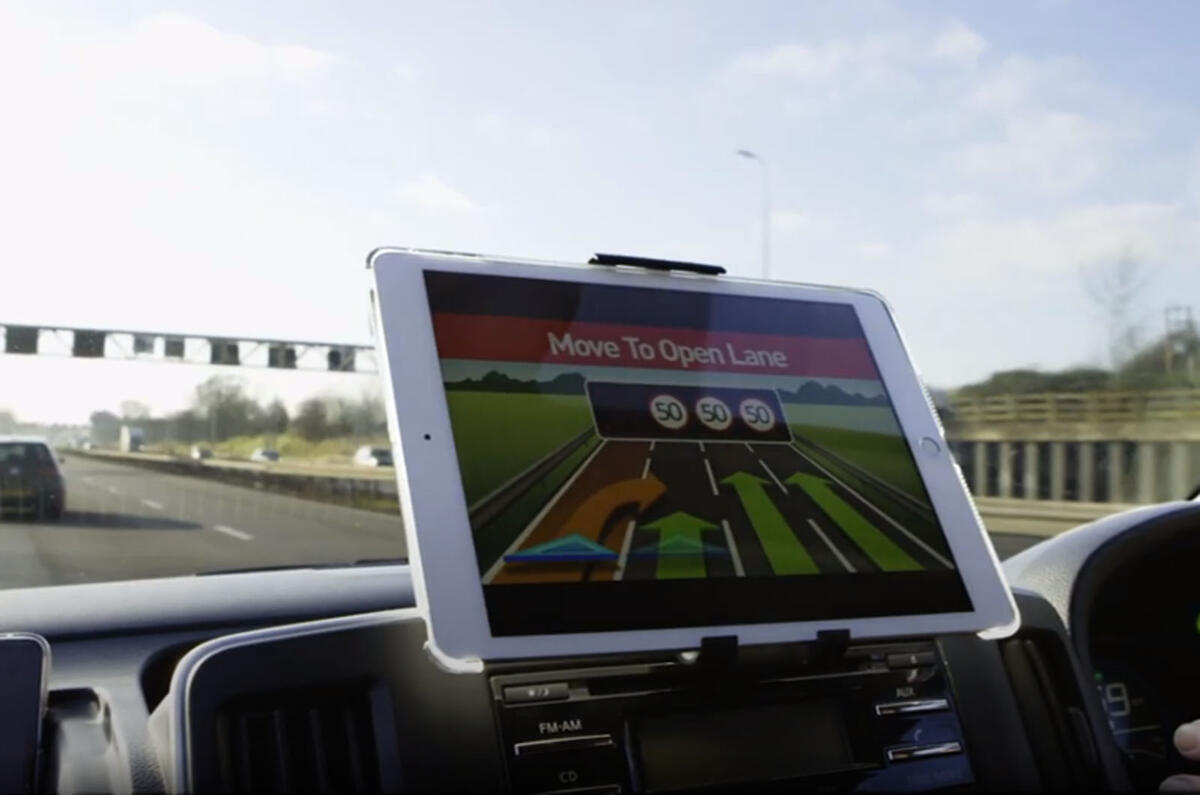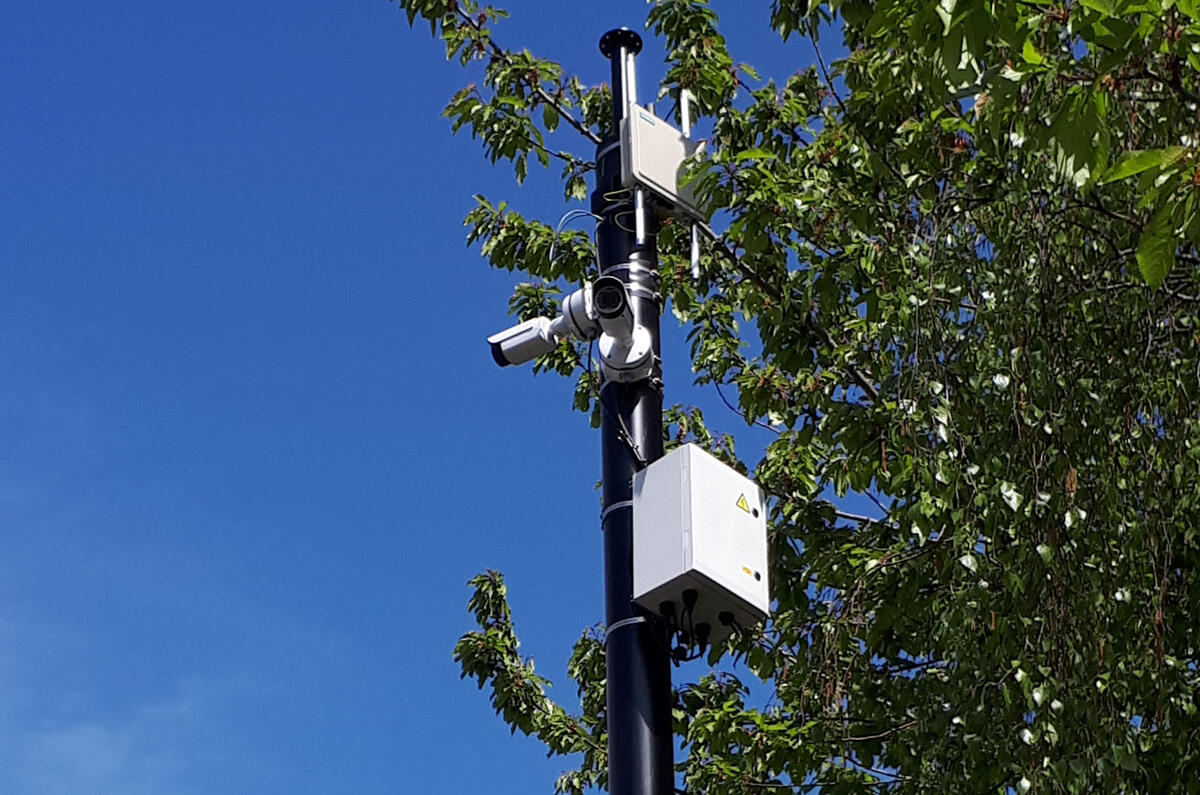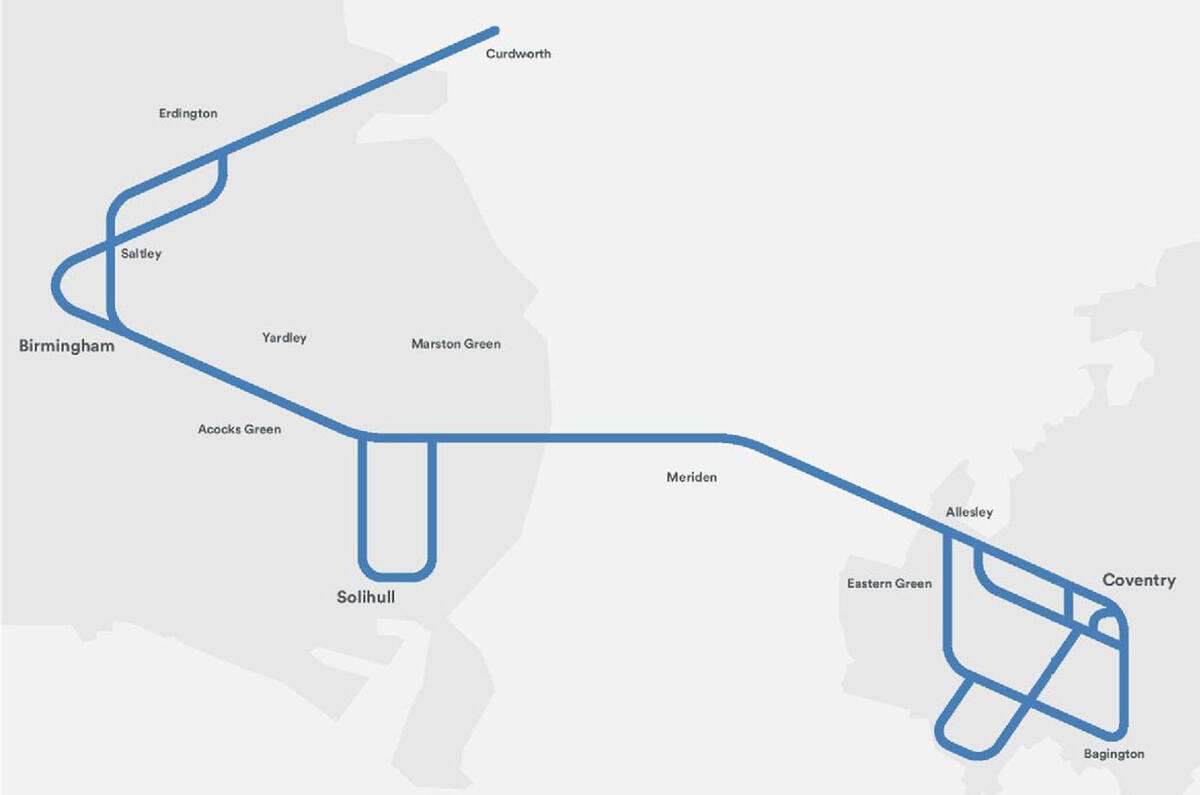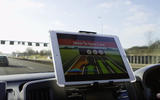Some 300 kilometres (188 miles) of roads in the West Midlands are to be used as an autonomous vehicle test route from later this year as part of a project to test the technology’s compatibility with existing infrastructure.
The Midlands Future Mobility scheme is being overseen by a consortium of organisations including Warwick Manufacturing Group (WMG), MIRA, Transport for West Midlands (TfWM), Costain, Amey, Wireless Infrastructure Group, Vodafone, Coventry University and Highways England.
The route, which runs from the University of Warwick to the centre of Birmingham, is 95% composed of existing infrastructure, but testing is said to cause “no disruption to drivers or the homes along it”. New equipment being installed for the purposes of the trials includes weather stations, communications units and smart CCTV.
So-called ‘connected’ vehicles - which can communicate with other vehicles and warn of upcoming hazards - will be the first to use the route, and will be physically controlled by a driver. Autonomous vehicles will be trialled in the future, but will be closely observed and operators will immediately take control in the event of any problem.
The organisers of the trials claim: “All testing will be as safe if not safer than current vehicles on the road.”
The route is set to be extended to 350km (219 miles) later this year to include rural roads and some sections of motorway, with plans to gradually introduce more advanced driver assistance programmes like lane-keep assistance and intelligent speed limiters.
The consortium estimates that the autonomous vehicle industry will be worth £62 billion to the UK economy by 2030, and has designed the planned route to be “ideally located and within easy reach of many potential environment users”.
Project director John Fox said: “It is great to see that work has begun in making roads a more connected place, where drivers can make their journeys more safely and where goods can be delivered more efficiently.
“The West Midlands has a rich history of the automotive industry, and to see it is now progressing into autonomous vehicles feels somewhat momentous.”
READ MORE
Analysis: When will self-driving cars be a reality?
Is the public ready to share the roads with self-driving cars?
Autonomous car trials: are they smart or reckless?













Join the debate
Add your comment
No.
No. No. No No.